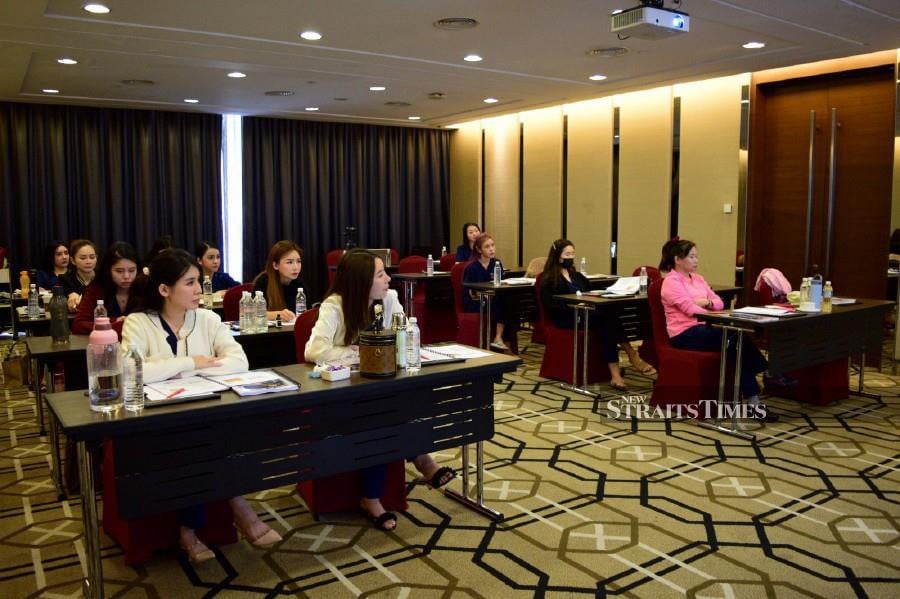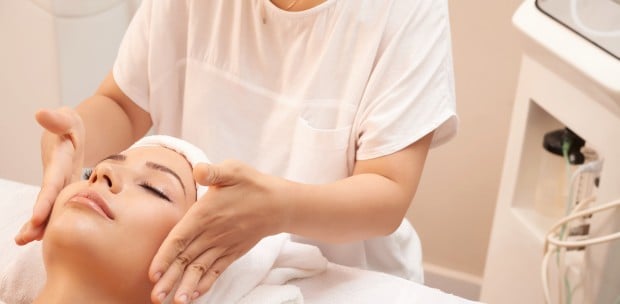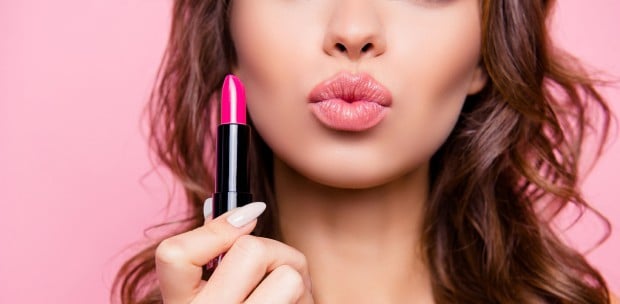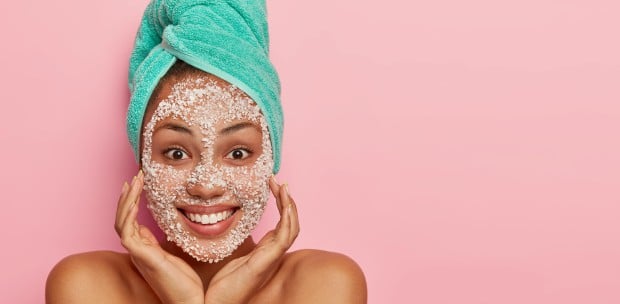BETTER regulation of the beauty industry would ensure enhanced services and increased protection for consumers.
This, coupled with proper training and certification of aestheticians would result in more efficient, safe and professionally run beauty services says
Association of International Certified Aestheticians (AICA) founder and president Professor Dr Ng Wee Kiong.
Ng, who has over 35 years of experience in the beauty industry, says currently, regulations are lax and since 2000, due to demand, there has been an increase in beauticians offering services which they are prohibited from doing, such as medical-aesthetic procedures like liposuction and breast augmentation.
"These procedures fall under plastic surgery and should only be performed by a qualified plastic surgeon," stresses Ng.
Under current guidelines, beauticians are only allowed to perform non-invasive procedures, such as those which do not penetrate the skin.
However, rogue beauticians or unlicensed practitioners, many without even basic training in aesthetics, have tarnished the industry with their actions which have resulted in consumers being left cheated, physically scarred and in some cases, resulting in death.
Ng says the demand for beauty services has surged over time and this has led to an influx of unlicensed practitioners offering unregulated services.
It puts public safety at risk and at the same time, jeopardises the reputation of certified professionals in the industry, says Ng.
"Beauticians are not doctors and they should not be offering any services which are medically-related. Their task is solely related to beautification."
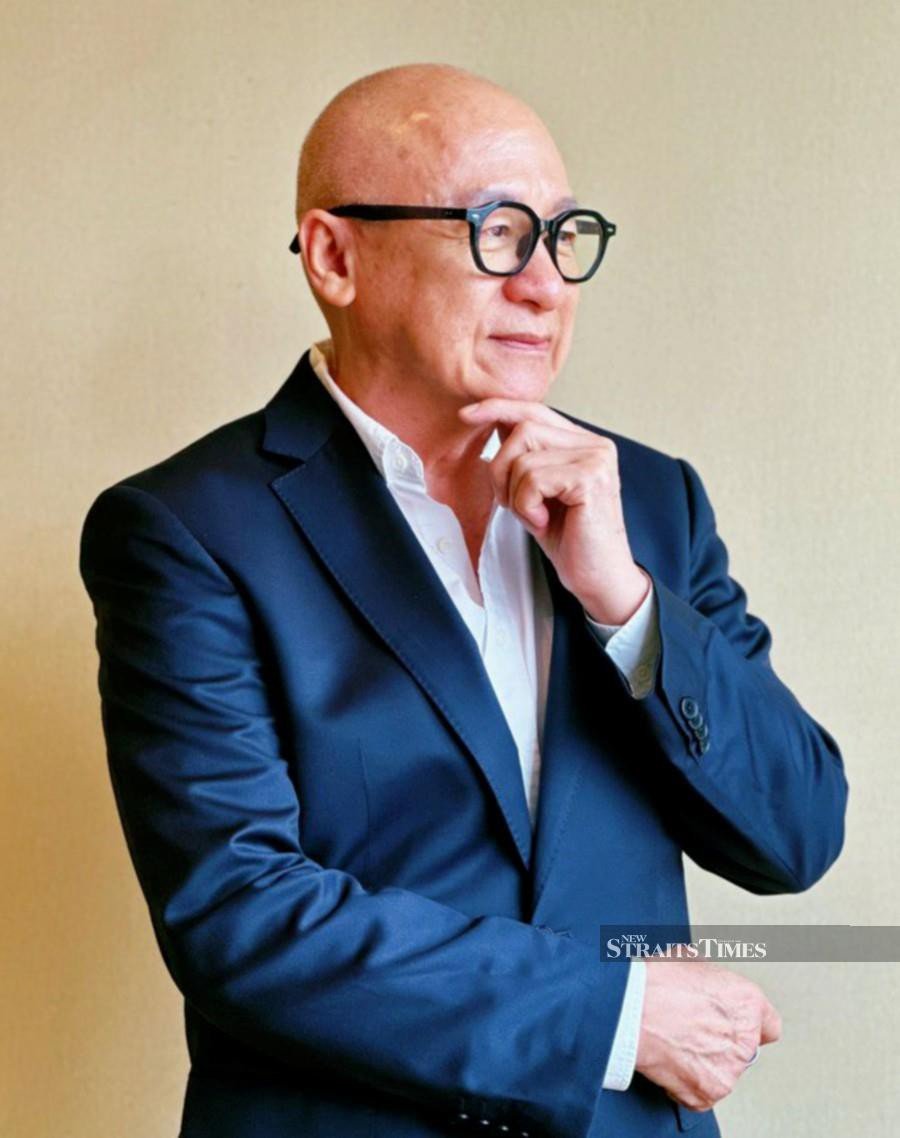
AICA, which was established in 2015, has always emphasised the need for professional training and certification of beauticians, adds Ng.
It's also crucial for beauticians to upskill themselves so they can offer more specialised aesthetic practices such as chemical peels, derma rollers or the use of beauty devices such as beauty lasers, adds Ng.
Once they have completed training, they can apply to become "certified" members of AICA. This will be a reflection that they have achieved a certain standard in terms of professional skills.
AICA, in direct collaboration with the IPEC Certification Bureau, takes charge of empowering beauty professionals to elevate the quality of their service and increase public trust in the industry. IPEC is an internationally recognised certification body.
AICA's vision is to establish a proper regulatory system for the beauty industry in Malaysia, elevate its image and promote professional standardisation within the beauty industry.
For more information, go to www.aica.org.my/home
